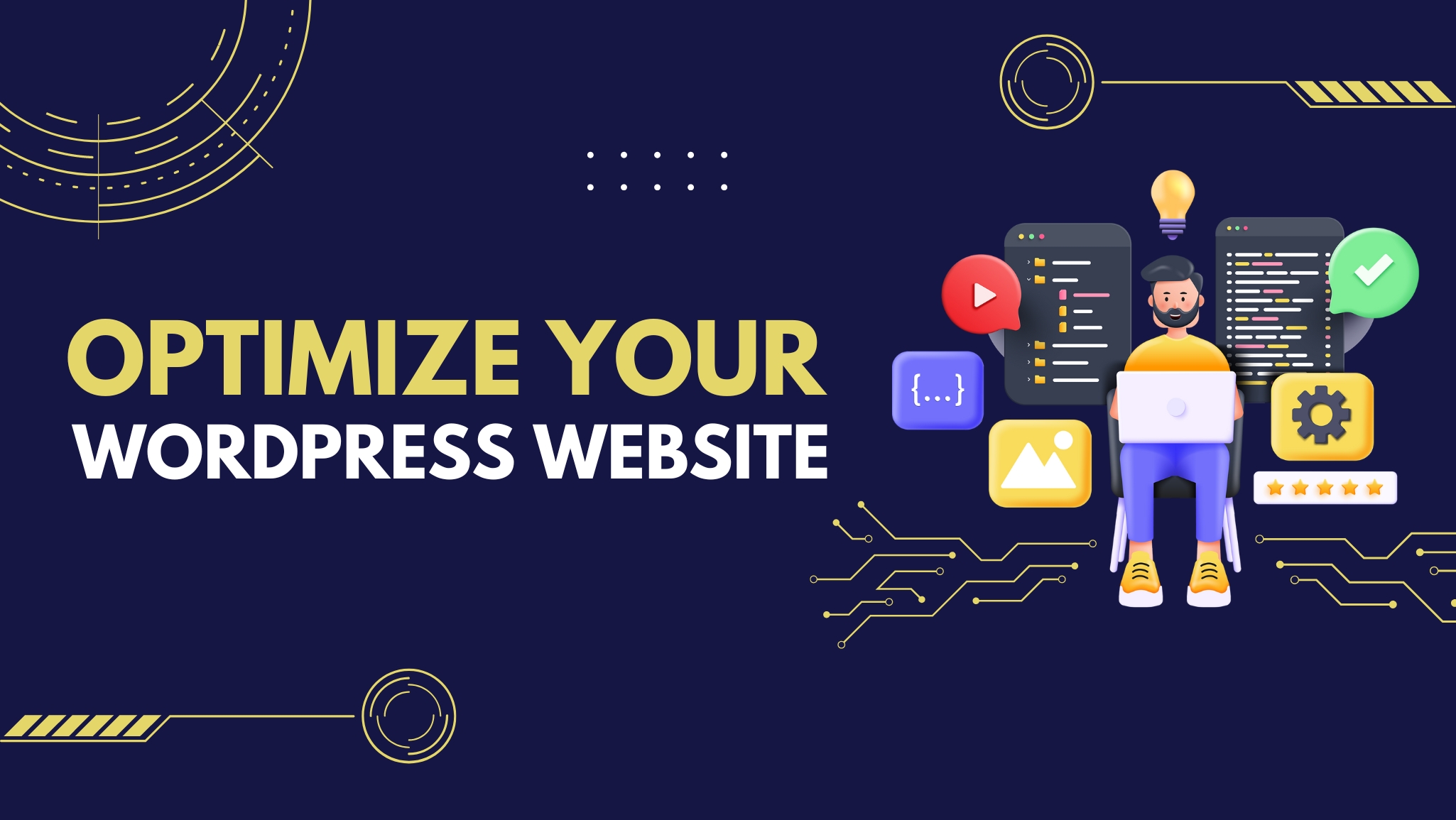If you run a website or a blog using WordPress, you will want to make sure your site is optimized for Search Engines so that your content can reach the right audience. Search Engine Optimization (SEO) is a key factor in driving traffic to your site and Increasing your Site’s visibility. In this blog post, we will provide some tips on How to Optimize your WordPress Website for search engines.
1. Use a search Engine-Friendly theme
One of the first things you will want to do is select a search engine-friendly theme for your website. This means choosing a theme that is optimized for search engines, is responsive, and loads quickly. A responsive theme ensures that your site is mobile-friendly, which is important because more and more people are browsing the internet on their mobile devices. A fast-loading theme can help improve your site’s ranking in search engine results pages (SERPs) because search engines tend to favor fast-loading websites. You can also Hire a Website Design Agency for installing a SEO-friendly theme.
2. Install an SEO plugin
Another key step in optimizing your WordPress website for search engines is to install an SEO plugin. An SEO plugin can help you optimize your content for search engines by providing you with suggestions for keywords and phrases to include in your content. Some popular SEO plugins include Yoast SEO and All in One SEO Pack. These plugins provide features like XML sitemaps, meta descriptions, and title tags, all of which can help improve your site’s visibility in search engine results.
3. Choose relevant and optimized keywords
When creating content for your WordPress website, it’s important to choose relevant and optimized keywords. These are the words and phrases that people are likely to search for when looking for content like yours. You can use keyword research tools like Google Keyword Planner to help you identify the best keywords for your content. Once you’ve identified your keywords, make sure to include them in your content, but don’t overdo it. You want your content to sound natural, so don’t stuff it with too many keywords.
4. Optimize your images
Images can play a big role in your site’s SEO, but they need to be optimized properly. This means using descriptive filenames, alt text, and captions for your images. Descriptive filenames should include relevant keywords and phrases, and alt text should describe what the image is about. Captions can help provide context for the image and give search engines more information about your content.
5. Use internal and external links
Internal and external links are also important for SEO. Internal links help search engines understand the structure of your site and how your content is related. External links can help improve your site’s authority by linking to other high-quality sites. Make sure to use descriptive anchor text for your links and link to relevant content.









